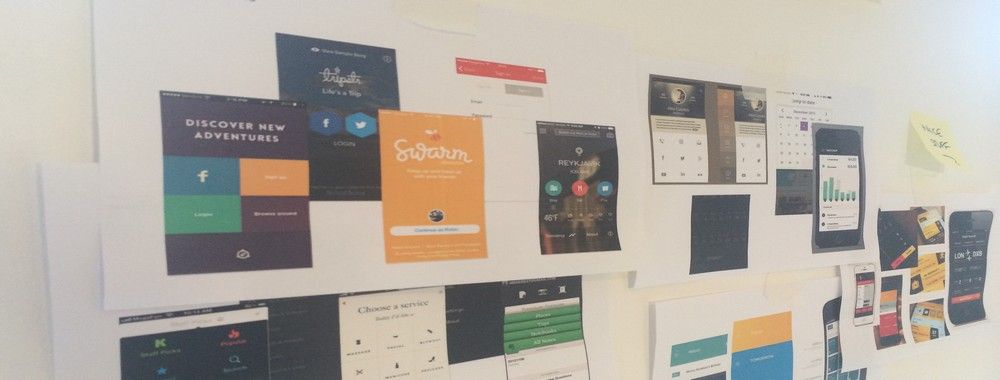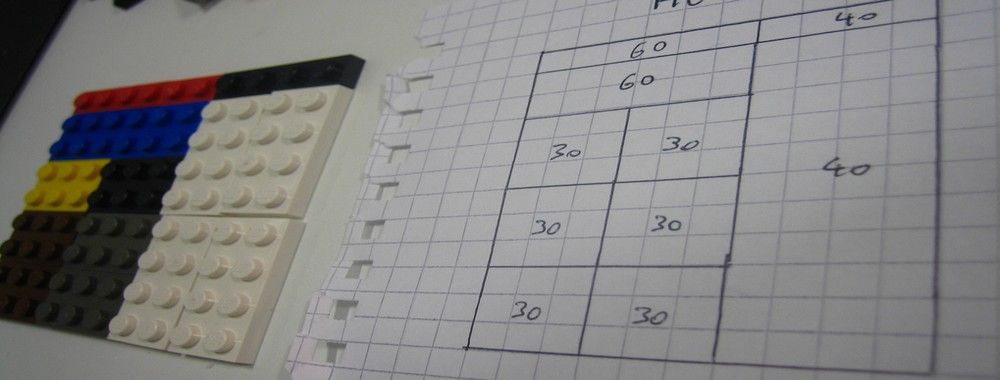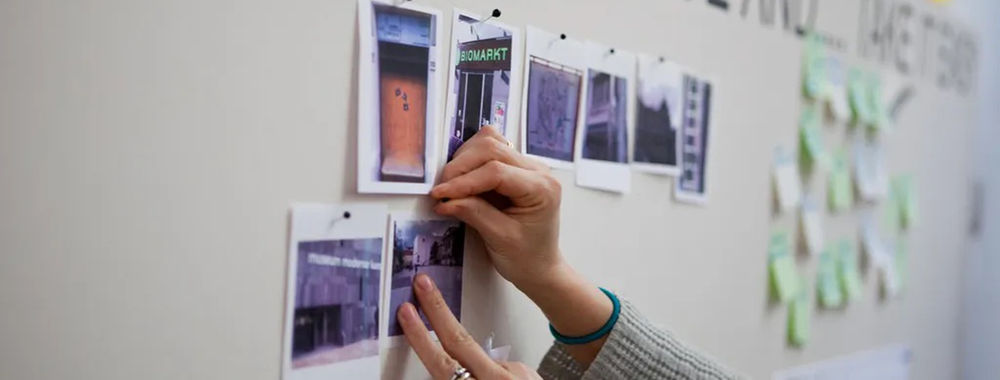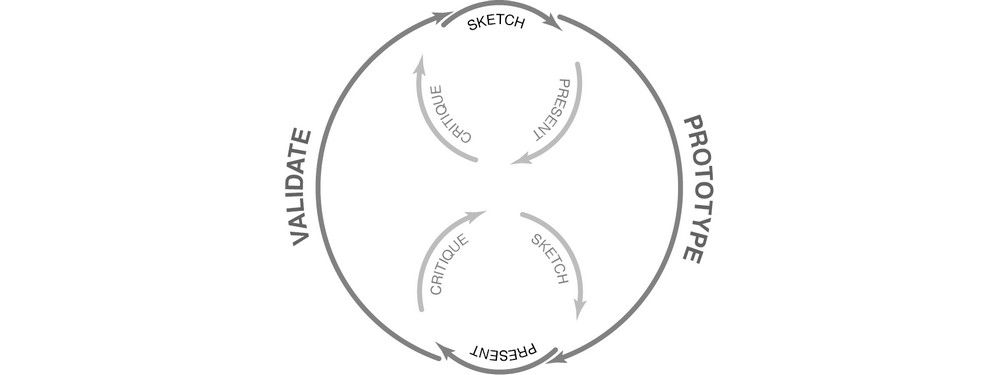If you’re toying with the idea of going freelance; you’ll already know some of the benefits. Getting rid of the commute and ditching your boss may play heavily in the decision making process but there are other benefits to leaving the rat race behind.
We’ve come up with 10 great reasons to go freelance that you might not have considered yet in order to help you decide whether or not to take the plunge.
It’s A Less Expensive Way to Live
When you don’t need to buy a suit, when you don’t need to drive to work, when you don’t have to buy lunch from a sandwich shop, etc. life gets cheaper. In many cases it gets much cheaper. Back in my last office job I spent $20-$30 a day on food at work. (It was in Saudi Arabia and my colleagues like to eat out to break the monotony of the Saudi day). Today, I often spend less than $5 and that includes my evening meals as well.
Sit down and work out what the minimum you need to live on actually is. You’ll be amazed at how many times that comes to a lot less than the salary you’ve been banking each month. Freelancers charge more per hour than employees… you don’t need to work all that much to cover the basics. Not that you shouldn’t look for more of course.
You Can Put the Fun Back into Work
Not only can you work on projects that you choose (rather than having them inflicted on you from on high) but you can actually start to have fun. Nobody’s going to stop you from singing at your desk, taking a break to play World of Warcraft, or stop you from sketching crazy ideas just because you feel like it. Of course, you still need to meet deadlines, etc. but you don’t have to feed yourself to the sausage machine constantly any more.

Author/Copyright holder: Kevin Dooley. Copyright terms and licence: CC BY 2.0
You Don’t Have to Work 40-60 Hours a Week
You might want to but you don’t have to. If you freelance to regain some work-life balance, you’ll soon discover that you may only need to work 10-15 hours a week to cover the basics. Anything you do on top of that is by choice. Once you’ve got your monthly target in the bank… you can choose not to work and pursue passion projects instead. I’d suggest going a bit over your minimum needs each month (there are bad months in freelancing where nothing comes through the door at all) rather than stopping on the line but after that – it really is up to you.
You Don’t Have to Work from 9 to 5
Most days I start work at about 6 a.m. and then I take an incredibly long lunch break from 12 until 4 (I like a nap during that time too) and start work again from 4 p.m. Your clients don’t care when you work (though you do have to adhere to any meetings you agree to) they just care that the work gets done. Rebuilding your life to suit you is an incredible experience.

Author/Copyright holder: Toni Verdú Carbó. Copyright terms and licence: CC BY-NC-ND 2.0
You’ll Be More Productive
Working in an office means dealing with an endless chain of interruptions. Working from home means you can dodge most of those interruptions. You’ll find that means your productivity increases dramatically (I get 2-3 times as much done without dealing with day-to-day corporate life) and that means… you can work even fewer hours to get the job done and have even more time to yourself if you want it.
You Can Learn on the Job and Get Paid for It
When clients pay for results rather than time served, you can build in the costs of new software or gaining new skills in your project costs. Rather than having to study in your own time, your clients can end up paying you to do so. Of course, you may find that you have to reduce your hourly rate a little on those projects (in order to meet the client’s budget expectations) but who cares? Getting paid something is better than not getting paid isn’t it?
You Will Develop New Interests and Be Able to Focus on Them
Assuming you’re not fully booked from here until doomsday – you have time to explore as a freelancer. It lets you pick up new things and play with them and see if you like them. That freedom to play is a real blessing. Corporate environments, rarely if ever, let you mess about on their time and that restricts your development. When you freelance, all your time is your time, you get to pick and choose how to spend that time and what you spend it on.
Your Weekends Are Yours
I say, writing this sentence on a Sunday. What this really means is that you can protect your free time. Where I live, weekends aren’t the days I want free. It’s a tourist town and as with all tourist towns it’s busier on the weekend. I like to box my time off mid-week and visit temples, galleries, museums, etc.
Being able to actively commit to having free time rather than trying to fit it in a busy schedule set by someone else is awesome.

Author/Copyright holder: Will Laren. Copyright terms and licence: CC BY-NC 2.0
You Can Be Your Own HR Function
That means you can set the number of holidays you get each year. You can choose which healthcare provider to use. You can grant your own sick days. The real function of HR is to protect workers but in reality… that often comes second to the corporate agenda. In the freelance world, you get to set the rules and enforce them.
You Can Pick Your Own Job Title
We all know that job titles aren’t really a big deal but actually… they often are. Clients expect certain titles and in places like Asia with very formal hierarchical structures – you can’t get the job done without the right title to get people to take you seriously. Companies are often very mean with titles (or worse they hand them out like sweets instead of giving people raises). Freelancers can be whoever they want to be, whenever they want to be. CEO down to Janitor the choice is yours and you can choose again in 5 minutes too.
Header Image: Author/Copyright holder: markus spiske. Copyright terms and licence: CC BY 2.0












